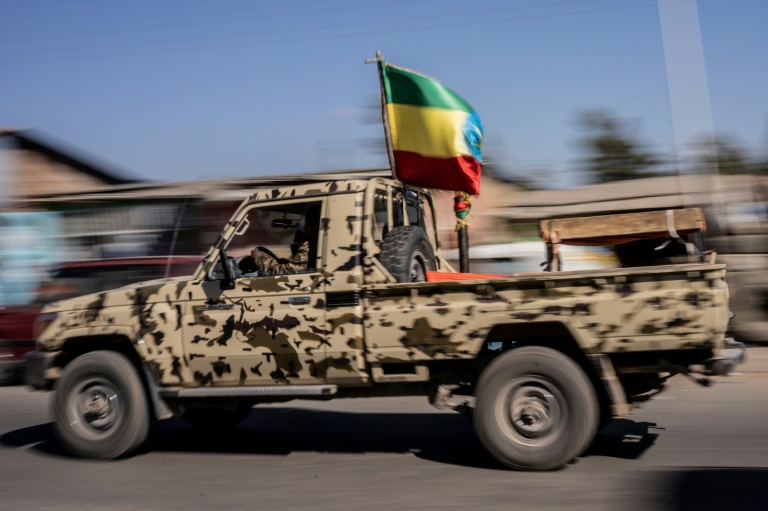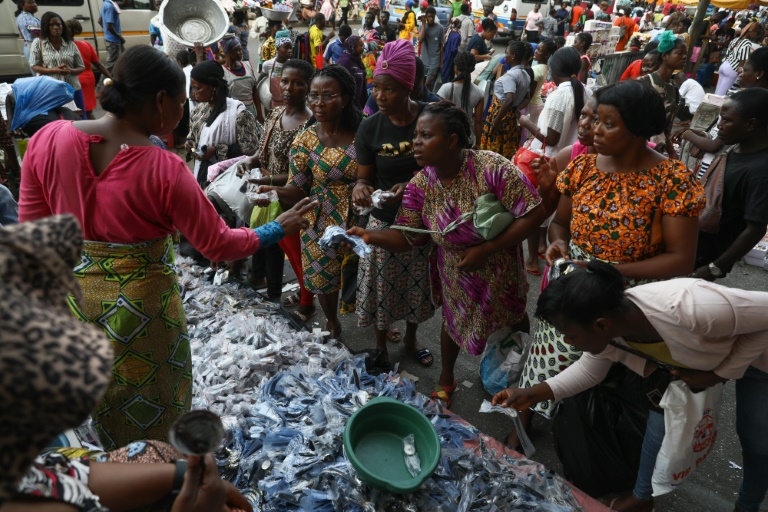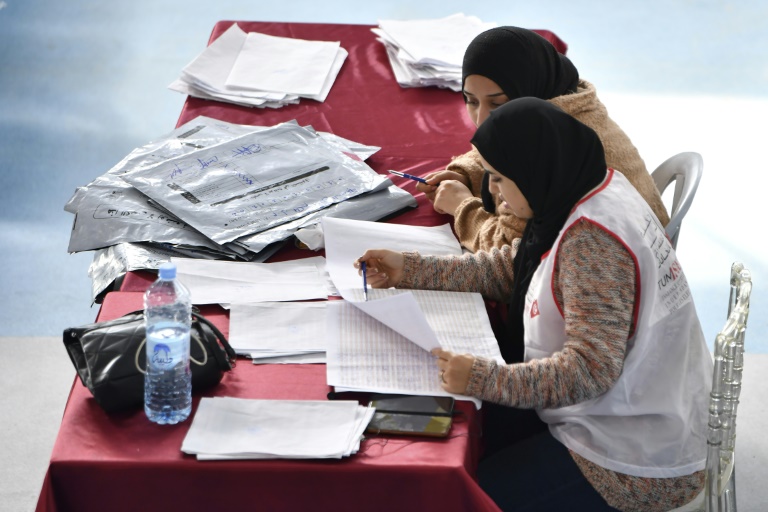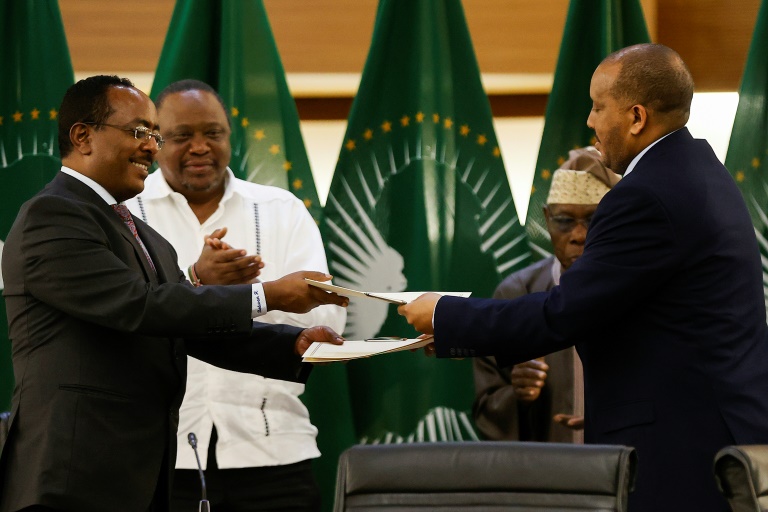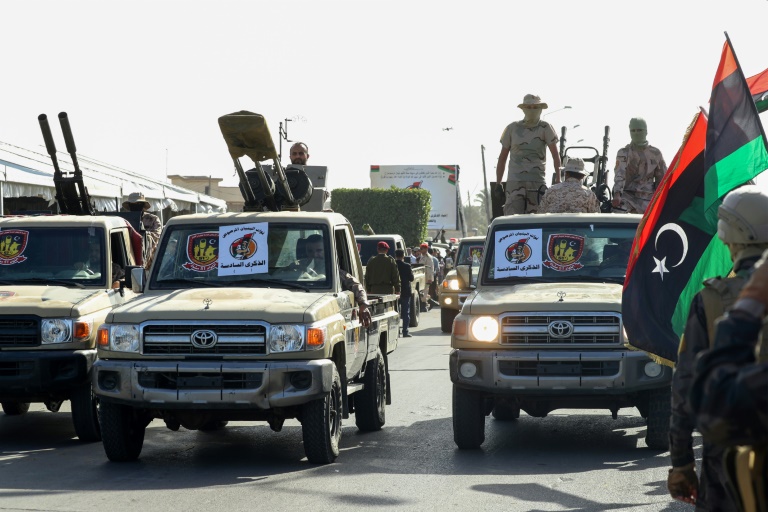Ethiopian Prime Minister Abiy Ahmed’s ruling party said Monday that only the African Union could broker potential peace talks with the Tigray People’s Liberation Front (TPLF) — a stance already rejected by the rebels.
Abiy for the first time two weeks ago raised the possibility of negotiations with the TPLF to try to end a brutal war that first erupted in northern Ethiopia in November 2020.
Justice Minister Gedion Timothewos said ruling Prosperity Party committees had drawn up guidelines for the “peaceful resolution” of the conflict, and warned that any breakdown in talks could lead to a resumption of hostilities.
“It has been decided that the peace process can only be led by the African Union,” said Gedion, a member of the party’s central committee, cited by state broadcaster EBC.
This process must, he said, “comply with the legal and constitutional framework and respect the essential interests of the country”.
Abiy had announced on June 14 that a committee would be set up to prepare for possible negotiations, after the government had declared a “humanitarian truce” in March that has led to a lull in the fighting.
The TPLF has however already effectively ruled out any negotiations led by the Addis Ababa-headquartered AU, protesting at the “proximity” of its envoy Olusegun Obasanjo, the former Nigerian president, to the Ethiopian leader.
Instead, the rebels said earlier this month they were ready for negotiations hosted by Kenyan President Uhuru Kenyatta, and that there was already an “existing agreement” among the rivals to meet in Nairobi.
But Gedion warned any failure in the negotiations would lead to renewed fighting.
“The peace process can’t succeed if only one side wants it. If the process fails, instructions will have to be given to the security forces to respond appropriately,” he said.
The conflict erupted in Tigray when Abiy — a Nobel Peace Prize laureate — sent troops in to topple the TPLF, a move he said came in response to rebel attacks on army camps.
Untold numbers of people have since been killed in Tigray, as well as the neighbouring regions of Afar and Amhara.
Millions are also in the grip of a humanitarian crisis, with many in Tigray on the brink of famine and the region still without basic services such as electricity and communications.

